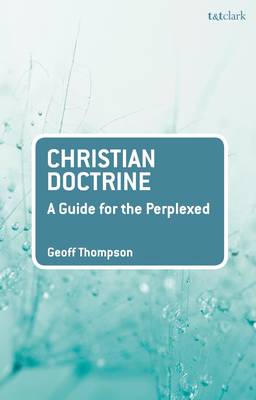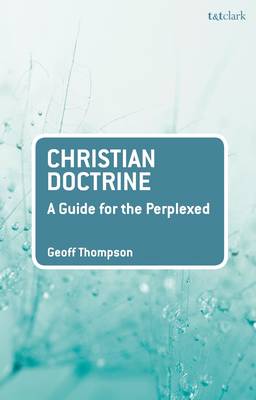
- Afhalen na 1 uur in een winkel met voorraad
- Gratis thuislevering in België vanaf € 30
- Ruim aanbod met 7 miljoen producten
- Afhalen na 1 uur in een winkel met voorraad
- Gratis thuislevering in België vanaf € 30
- Ruim aanbod met 7 miljoen producten
Zoeken
Omschrijving
Geoff Thompson addresses multiple questions concerning Christian doctrine in an engaging narrative, beginning with an in-depth discussion of the origins of doctrine in the various catechetical, polemical and apologetic pressures that the church encountered as it sought to articulate and teach its confession of faith in Jesus Christ. In providing an overview of some of the classic and historically influential doctrinal projects, Thompson employs ten case studies that illustrate the overlapping influences of tradition and contexts-both ecclesial and cultural-on doctrinal discourse.
Thompson takes the reader from those historical and paradigmatic case studies into some of the great contemporary debates about doctrine, including those which have been shaped by the critique of doctrine associated with the European Enlightenment as well as the challenges and contributions of theologians of the majority world. He pays particular attention to the influence that these diverse cultural, ecclesial, and academic contexts have had upon the shape and content of particular doctrines. This leads into an engagement with George Lindbeck's seminal The Nature of Doctrine, as well as the more recent proposals of Kevin Vanhoozer and Christine Helmer. This guide concludes by developing the idea of a Christian social imaginary as the framework for holding together doctrine, practice, truth, diversity, and context.Specificaties
Betrokkenen
- Auteur(s):
- Uitgeverij:
Inhoud
- Aantal bladzijden:
- 200
- Taal:
- Engels
- Reeks:
Eigenschappen
- Productcode (EAN):
- 9780567673343
- Verschijningsdatum:
- 20/02/2020
- Uitvoering:
- Hardcover
- Formaat:
- Genaaid
- Afmetingen:
- 140 mm x 216 mm
- Gewicht:
- 381 g

Alleen bij Standaard Boekhandel
+ 390 punten op je klantenkaart van Standaard Boekhandel
Beoordelingen
We publiceren alleen reviews die voldoen aan de voorwaarden voor reviews. Bekijk onze voorwaarden voor reviews.







